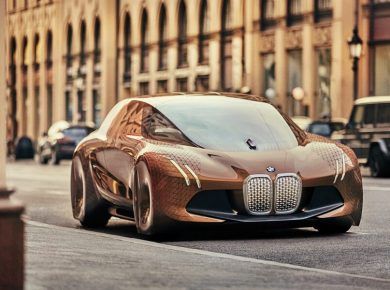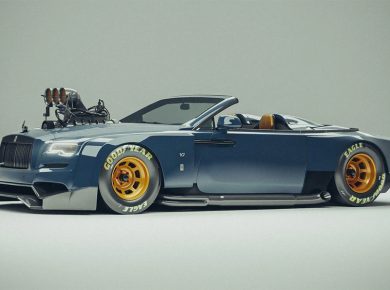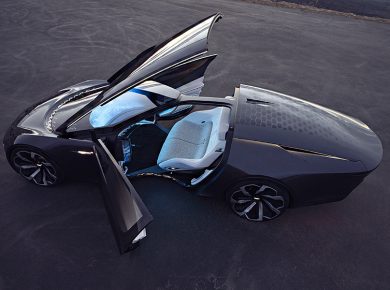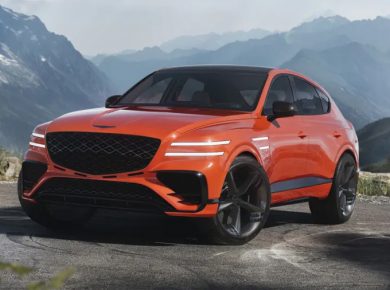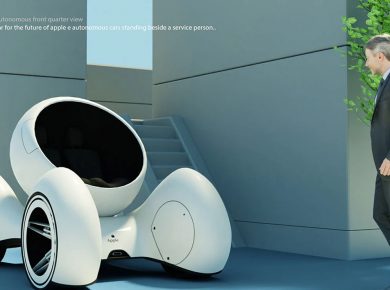
Robo-EV, the innovative project by Switzerland’s PIX Moving Team, could redefine city travel with a unique blend of advanced technology, emotional intelligence, and 3D-printed design. The micro-sized electric vehicle, built specifically to address the challenges of dense urban traffic, isn’t just another step forward in the evolution of electric and autonomous vehicles – it’s a leap. This isn’t simply about getting from point A to point B. Robo-EV makes city travel personal and connected, bridging a gap between technology and the human experience.

One of the standout aspects of Robo-EV is its manufacturing process. PIX Moving took an entirely 3D-printed approach, producing the entire frame as a single piece. This choice results in a lighter, stronger vehicle with impressive durability and reduced production costs, making Robo-EV an accessible option for widespread, commercial use. And it’s not just about affordability. The single-piece construction, made from advanced materials like basalt composite, provides a lightweight yet durable chassis and an ultra-reliable suspension system that foregoes unnecessary complexities. The 3D-printed metal wheel arches add another layer of structural resilience, ensuring that every detail of this EV is optimized for performance without compromising on design.

Beyond the structural innovation, what really sets Robo-EV apart is its integration of smart technology, particularly an AI-powered emotional support system. This isn’t merely a car that listens to commands; it’s a vehicle that responds intuitively to its driver’s needs. Through advanced AI and a language model embedded within the car, Robo-EV can detect shifts in mood and tone. If a driver is feeling stressed or anxious, the car can initiate comforting interactions, offering supportive dialogue to enhance the driver’s experience. This interactive approach transforms Robo-EV into more than just a mode of transportation – it becomes a thoughtful companion on the road, filling the role of a conversational partner, particularly on long drives. With its voice system functioning as a voice assistant, Robo-EV is not only attuned to the emotional state of its passengers but is also equipped to respond to practical needs, offering real-time support and information when needed.

On the performance side, PIX Moving has built the Robo-EV to be not only smart but also highly efficient. Equipped with regenerative braking, Robo-EV can recharge its battery reserve by converting braking energy back into usable power. This efficiency-enhancing feature contributes to an extended range, making Robo-EV more sustainable and suited for longer urban commutes without frequent charging. While PIX Moving Team has yet to release detailed results from their road tests, the early signs suggest that this compact electric vehicle is as reliable on the road as it is innovative in design.

Primarily intended for ridesharing and public transportation, Robo-EV demonstrates a forward-thinking vision of how city transportation might look in the near future. In a world where urban spaces are increasingly crowded and environmental concerns drive the need for cleaner mobility solutions, Robo-EV provides a glimpse into what might be a more connected, personalized, and emotionally supportive travel experience. Also you can check other concept cars from largest automakers.



